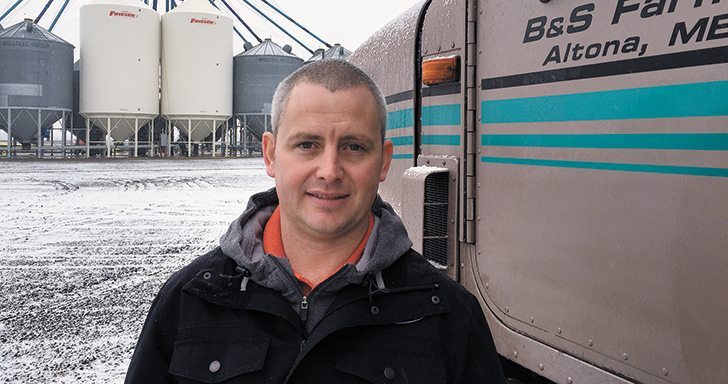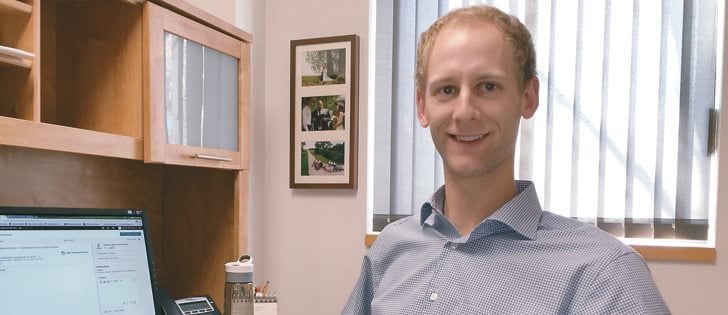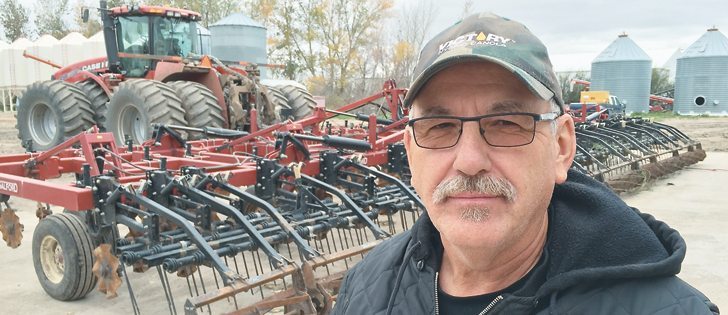This series looks at how farmers, agriculture consultants and service providers are professionalizing agriculture by integrating the many skills required by today’s complex and challenging industry. You can follow the entire series here.
Many farms are multi-million dollar businesses, but aren’t acting like it.
It’s a situation that can occur when a business, especially a farm, grows based on its success, but the operators don’t realize that it has become a complex operation.
Read Also

Why feds imposed EV tariffs
Moe and Kinew have a fight on their hands when it comes to eliminating the EV tariff. Canada has to worry about pissing off the U.S. and Mexico and hundreds of thousands of auto workers.
That lack of awareness is a big risk for farmers, said members of a roundtable of agriculture-focused professionals discussing the evolution of modern farm management.
“Any other operation, if they were producing chairs or tables, they would have had that board of directors in (place) years ago,” said David Derwin, a risk management and hedging specialist with P.I. Financial in Winnipeg, where the discussion took place.
Farm real estate specialist Stacey Hiebert shared that view.
“More farms, if they want to continue growing, will have to stick to an advisory board, have their key people in their key areas,” said Hiebert, who is based in the booming and competitive Steinbach area of southern Manitoba.
Farms need to be “putting advisers in place to work with the goal of the farm.”
The notion of having a board of directors or an advisory board might seem ridiculous to many farmers, but such boards are common with non-farm businesses once they go beyond simple operations.
Operators of multi-faceted businesses often realize they have moved into areas beyond their expertise and want a formalized advice-gathering structure. But that’s still not common with farms.
It’s something farm management expert Terry Betker often sees.
“A lot of these farms have grown to the size they are with an operational focus. At some point that has to change,” said Betker, who operates Backswath Management.
Even farmers that realize they need to improve long-term management oversight sometimes get caught up in the yearly cycle of farming, where there are always jobs that require immediate attention and don’t get around to it.
There’s also the typical riskiness of farming and its psychological impact. If a farmer has survived this long in the business, he’s probably used to large amounts of risk and may not realize how risky his business is compared to others.
“Farmers become comfortable with risk because it’s inherent in what they do,” said Betker.
Derwin said he’s trying to find a way to get farmers to work on long-term risks, even if they have other immediate concerns.
“It’s all very, very important, but it’s not necessarily urgent,” said Derwin. “The urgent things get done first, then these (other) important things, suddenly you (realize) you should have been doing this planning, three, four or five years ago.”
Having a board of directors or advisory board might be a way to make long range management issues seem more urgent.
Contact ed.white@producer.com
















